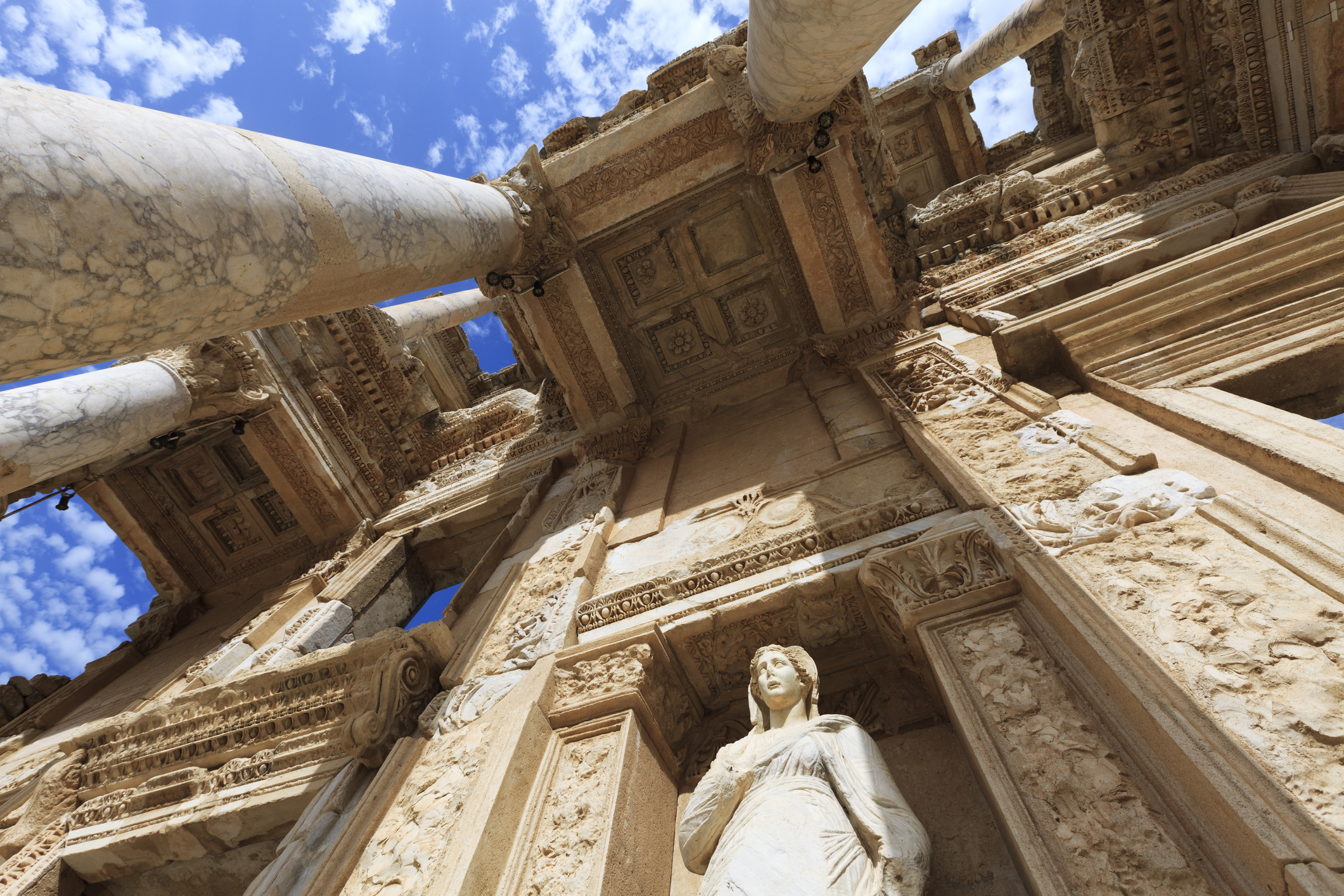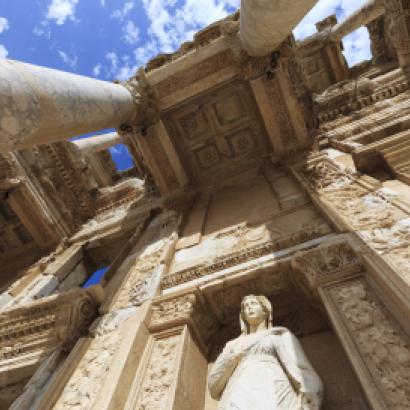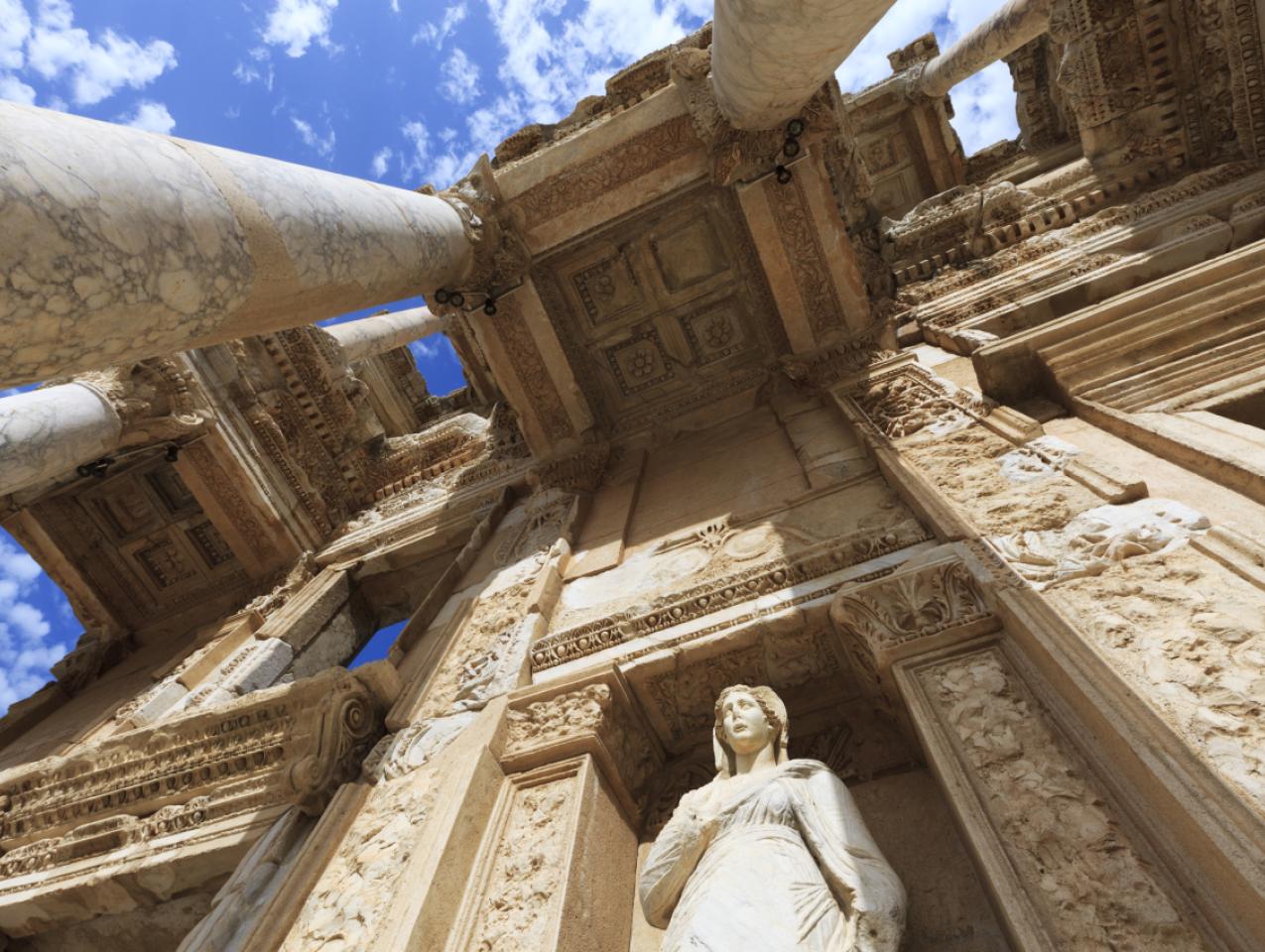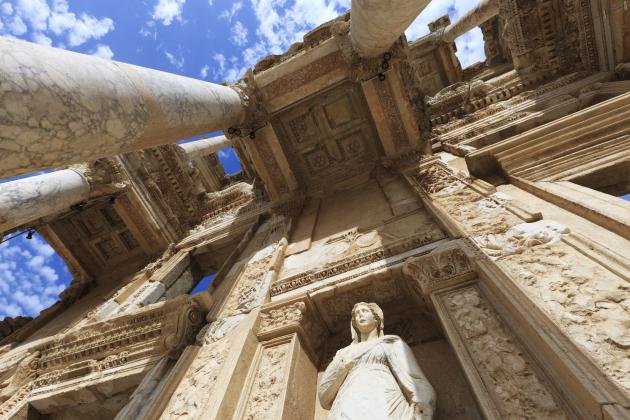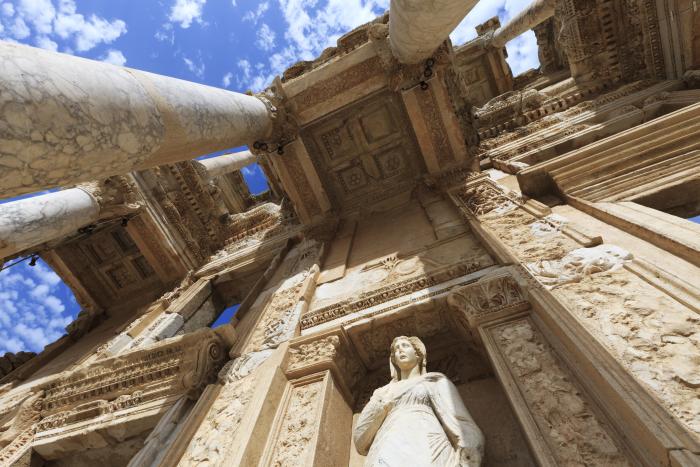Abstract: The ancient Greek world experienced long-term economic growth that was substantial, by premodern standards. Growth was correlated with and plausibly promoted by institutional development. Institutions in turn were developed in the context of a cultural understanding of individual human motivation as rational (although not necessarily individual) self-interest and the strategic behavior of agents as aimed at expected utility maximization. This paper sums up and expands upon my published and in-progress work on ancient Greek economics, institutions, and political and ethical philosophy. It builds on earlier and ongoing research by my Stanford colleagues, especially Ian Morris, Walter Scheidel, and Barry Weingast, and by former and current PhD students.
Read the paper: Economic Development in Antiquity: The Greek World, 800-300 BCE






